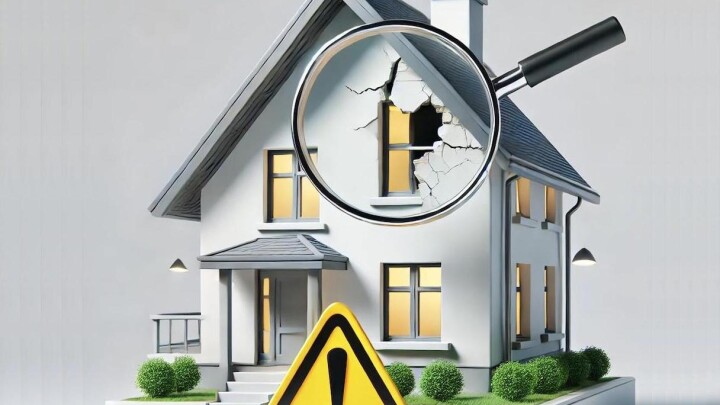Chronicle of a disaster foretold: An auction, a maximum mortgage and a hidden charge of 66,000€.
In 2016, a home in Malaga entered into an ordinary foreclosure process due to repeated non-payment of installments of a debt registered in the nota simple. After several years in litigation, the property was finally put up for judicial auction in 2021. The protagonist of this story saw the opportunity to acquire a home below market price and, in principle, succeeded. However, a misunderstood maximum mortgage meant that he had to face an unexpected debt.
The acquisition of the house
Carlos (not his real name), an enthusiastic buyer, purchased the property at the court auction in 2021 for a price of 245,000 euros, considerably low by the standards of the area, where the market average was around 280,000 euros. However, he was unaware of certain critical aspects of the property.
The Discovery of the Unregistered Charge
In 2023, Carlos was faced with an unexpected reality. The home was subject to a maximum mortgage, a type of open-end credit that allows the debtor to incur additional debts under the same collateral. Unknown to Carlos, the previous owner had accumulated an additional debt of 66,090.43 euros under this mortgage after the judicial auction.
Although unknown to the average person, maximum mortgages are often used by self-employed and small businesses to save time and costs on future business expansions by charging the new debt on top of the main mortgage.
Legal and Financial Implications
Carlos was forced to subrogate himself to this additional debt, bringing the total cost of his investment to 311,090.43 euros. In the end, the property cost him 31,000 euros more than he would have paid on the market. And not only that, to meet this debt, Carlos has had to resort to a personal loan, in an economic context whose interests raise even more the cost of this fatal unforeseen event.
In addition, he is immersed in a legal process to try to avoid the fulfillment of this debt based on articles 657 and 666 of the LEC, by which the auction value of the property should not have been its appraisal value but the liquidation value, that is to say, the value at which the total guaranteed amount resulting from the certification of charges (principal debt, interests and costs) has been appraised.
However, art. 657.2 of the LEC subordinates the registry annotation of the amount and the subsistence of the previous charges to the request of the executor, which opens the door to the fact that this annotation should not be made ex officio, which would defeat Carlos' defense in this sense.
However, in similar cases, there have been contradictory rulings in both directions, as we saw in a previous article.
The Importance of Expert Advice
If Carlos had been advised by experts such as those at Valido Home, he would have been alerted to the risks associated with buying property at judicial auctions. Valido Home's professionals would have performed a detailed legal audit, which would have included identifying any maximum mortgages or open credits, thus avoiding unpleasant and costly surprises.
Conclusion
Carlos' story illustrates the importance of specialist real estate advice, especially in complex situations such as acquiring property at judicial auctions. While these auctions can offer attractive prices, it is crucial to understand the legal and financial risks involved.
Companies like Valido Home provide an essential layer of security and knowledge, ensuring that buyers are well informed and protected in their real estate investments.

Miguel S. Moreira
Miguel is a trained architect and building engineer with a ample experience in the real estate sector. He is the co-founder of Valido Home and loves to inform about the risks involved in purchasing property in Spain.




